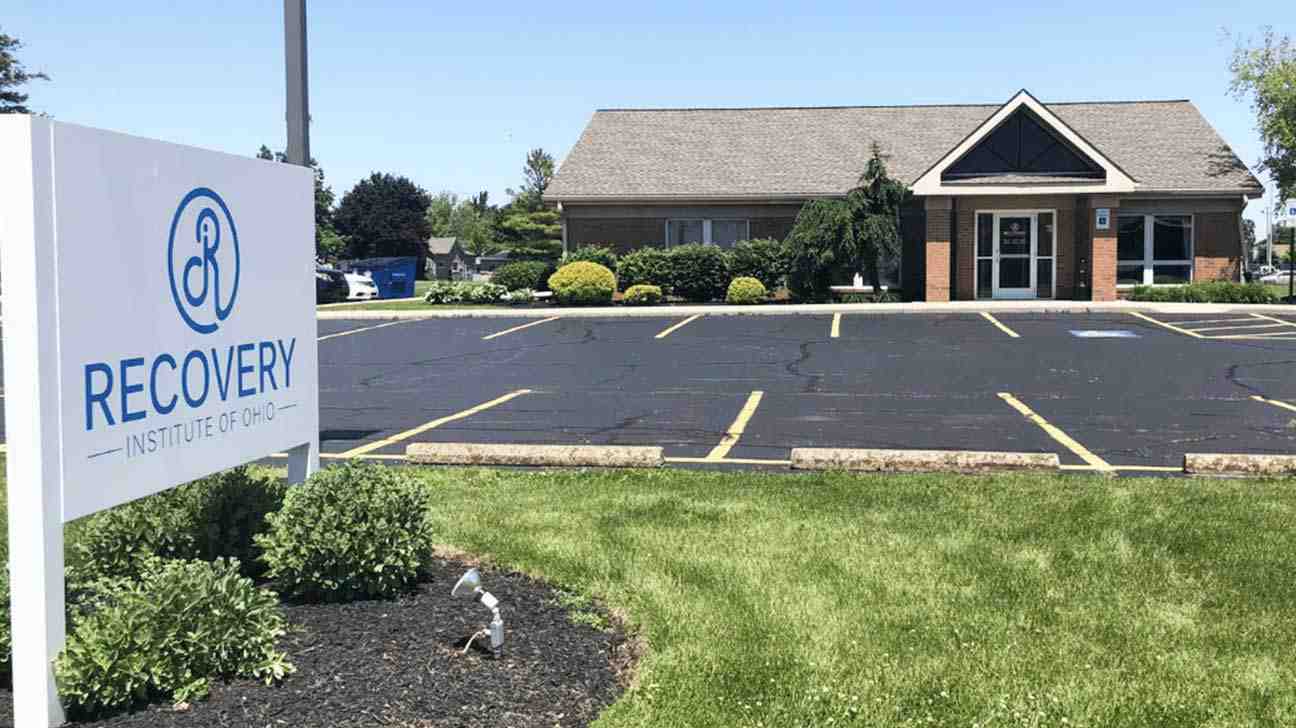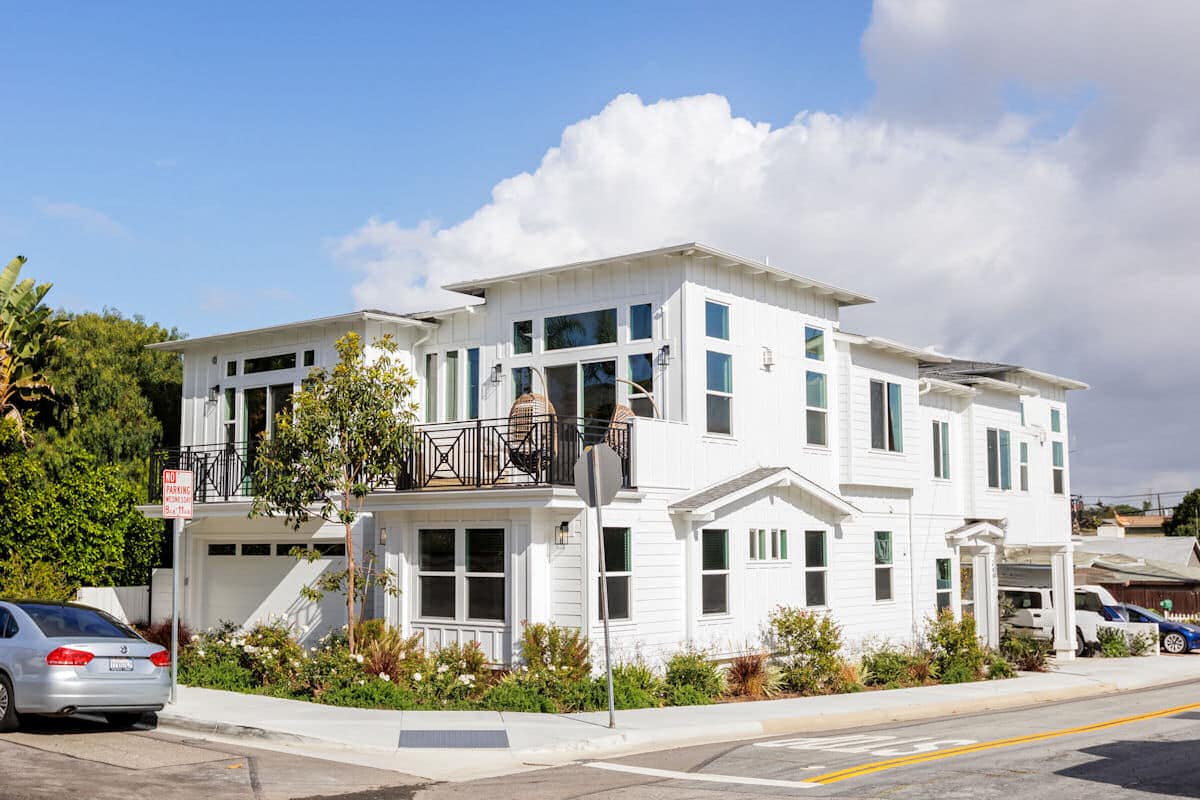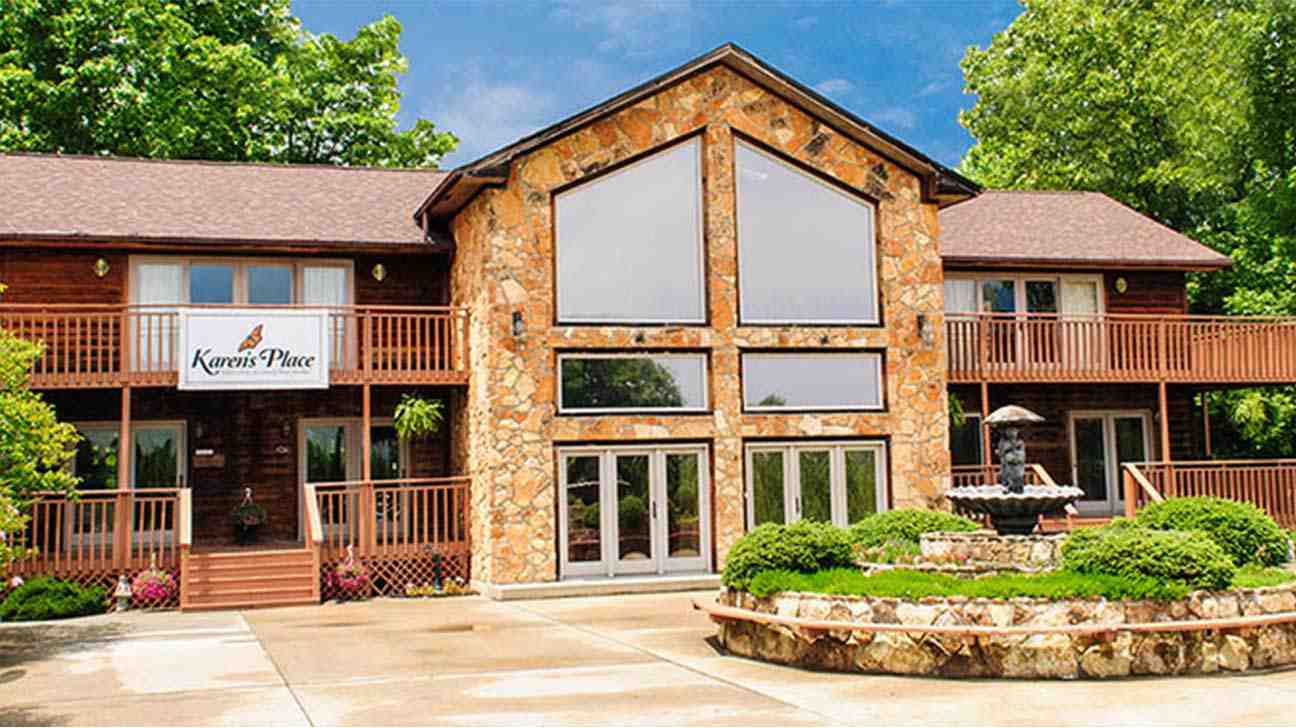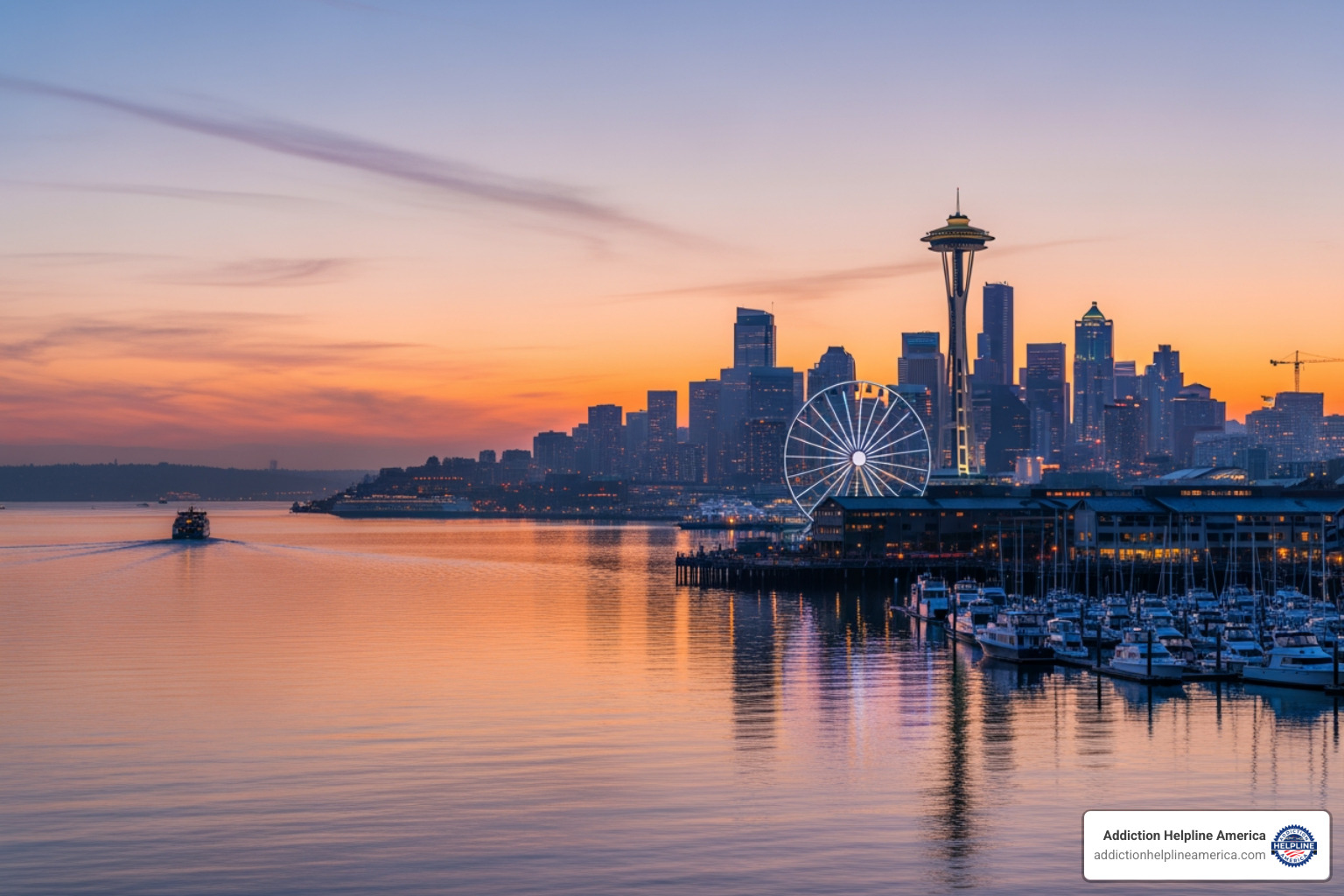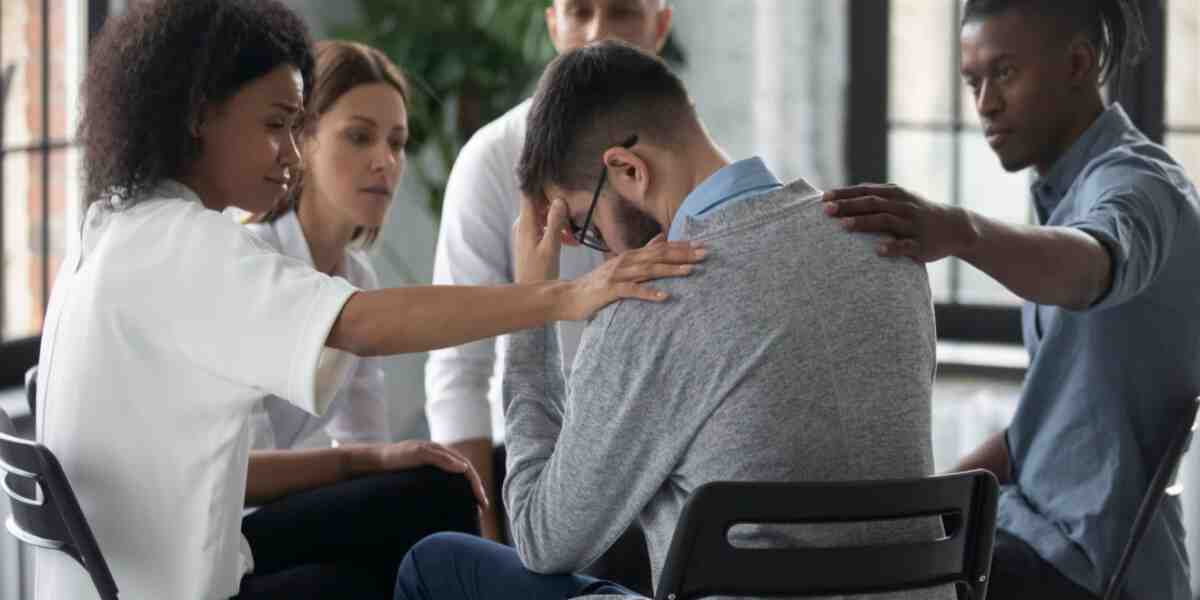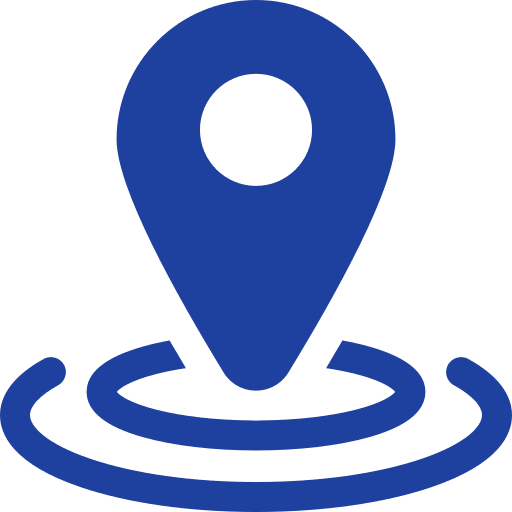
When Every Second Counts: Understanding the Urgency of Addiction Crisis
Immediate addiction help can be the difference between life and death. For a crisis, act now:
- Call 911 for a medical emergency or overdose.
- Contact a 24/7 helpline at 1-866-210-1303 for immediate support.
- Text 988 for the Suicide & Crisis Lifeline for emotional distress.
- Seek same-day admission at treatment facilities with immediate intake.
- Verify your insurance coverage while connecting to care.
The addiction crisis is urgent. Over 1 million Americans have died from overdose during the opioid epidemic, but recovery is possible, and taking the first step today can save a life.
This guide is a roadmap for accessing immediate addiction help. Learn to recognize emergency signs, find same-day treatment, understand insurance, and support loved ones in crisis. Here are the concrete steps to take right now.
Addiction affects approximately one in six Americans, touching countless families. Feeling overwhelmed is normal, but you don’t have to face this alone.
Addiction Helpline America provides confidential, around-the-clock guidance for those seeking immediate addiction help. Our team understands that every moment matters in a crisis, and we’re here to help you start the path to recovery right now.
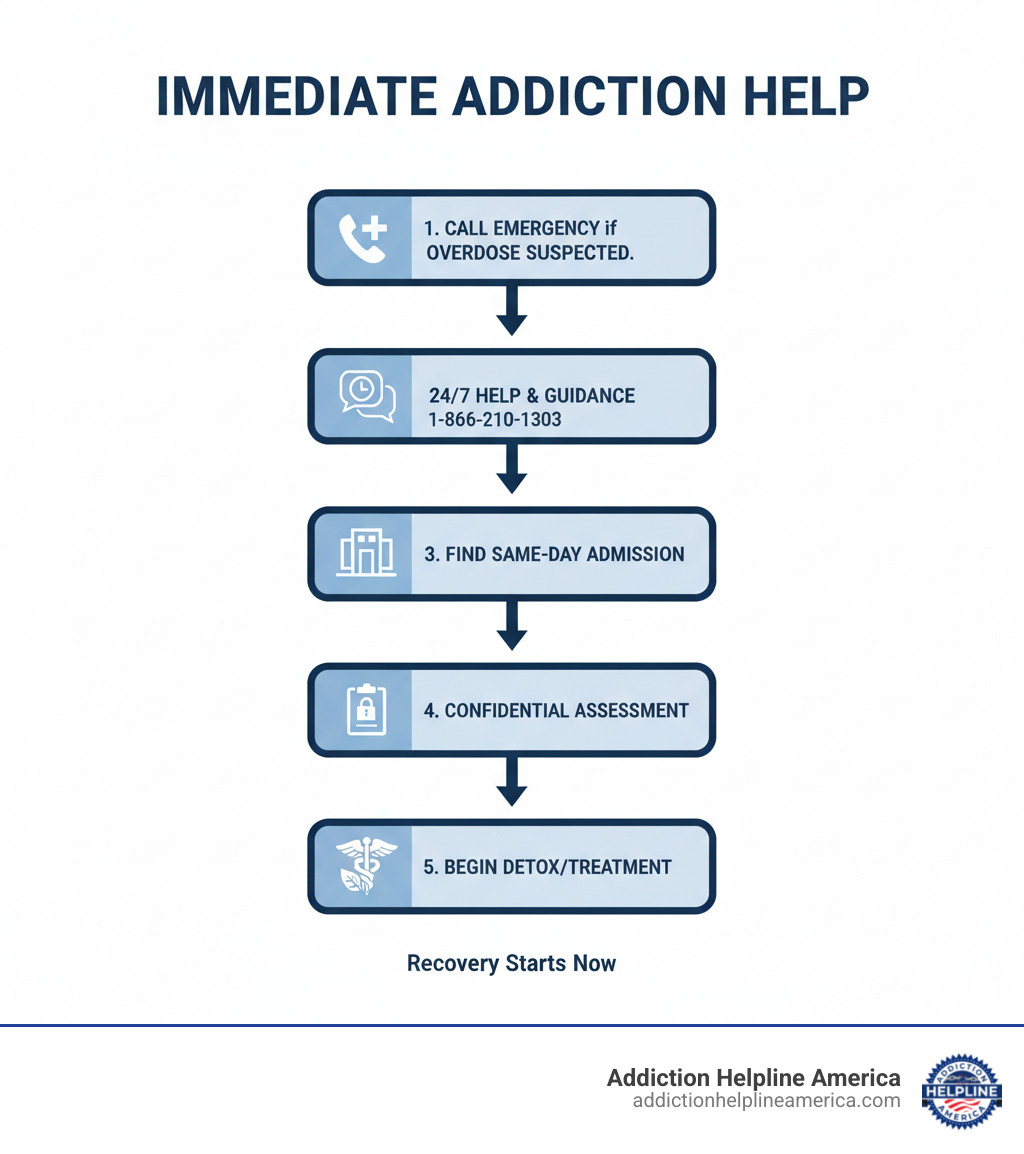
Immediate addiction help terms made easy:
Recognizing the Crisis: Immediate Signs Someone Needs Addiction Help
Recognizing the need for help can be the hardest part, as denial is common in addiction. Certain warning signs signal that immediate addiction help is essential.
Physical signs are often the most obvious. Look for dramatic weight changes, a decline in personal hygiene, or constant exhaustion. Their eyes may be bloodshot or have unusually sized pupils. Other signs include frequent nosebleeds, track marks, tremors, or an unsteady walk. The most critical physical sign is an overdose. If someone has trouble breathing, is unresponsive, or their skin turns bluish, call 911 immediately. Over 1 million Americans have died of overdose during the opioid epidemic—do not hesitate.
Behavioral red flags include pulling away from loved ones and activities. They may become secretive, defensive, or irritable, especially when asked about their substance use. Lying, uncharacteristic aggression, or using substances in dangerous situations (like driving) are clear signs the addiction has taken control.
The mental and emotional toll is also significant. Someone needing immediate addiction help might experience severe mood swings, anxiety, paranoia, or deep depression. Watch for signs of hopelessness or talk of suicide. This dangerous cycle of substance use and poor mental health requires professional intervention. You can learn more about this on our page about the definition of addiction.
When life starts falling apart, addiction is usually the cause. They may miss work, lose their job, or neglect responsibilities at home. Financial warning signs like disappearing money, sold possessions, or constant borrowing are common. In some cases, legal troubles like DUIs or possession charges pile up, signaling an urgent need for treatment.
Understanding these signs helps you act quickly. Addiction affects approximately one in six Americans, so you are not alone in facing this. For more on the scope of this challenge, explore US Citizens Drug Addiction Facts. Recognizing these signs is the first step toward getting someone the help they desperately need.
Taking Action: How to Get Immediate Addiction Help
When crisis signs appear, swift action can save a life. Though you may feel overwhelmed, there are clear steps to get immediate addiction help, and you are not alone.

The fastest way to get help is by calling a 24/7 helpline. At Addiction Helpline America, we provide free, confidential guidance to connect you with the right recovery program. We protect your privacy completely.
Calling a helpline is the most effective first step. You’ll speak with trained specialists who provide emotional support and immediate referrals. They can explain treatment types and help find facilities with same-day admission. After identifying a facility, an initial assessment will determine the appropriate level of care. This confidential process evaluates substance use history and mental health to create a personalized plan. Everything you share is protected.
For a comprehensive guide, visit More info about substance abuse helplines.
Using 24/7 Crisis Helplines for Support
Crisis helplines are a direct connection to immediate addiction help.
Our Addiction Helpline America team provides 24/7 support at 1-866-210-1303. Our trained counselors offer free, confidential guidance and can connect you to local treatment and recovery resources. You don’t need to have all the answers when you call—just be honest about the situation. All calls are free, and you can remain anonymous, though providing a general location helps us find local options.
Other national helplines are also available 24/7:
- Call or text 988 for the Suicide & Crisis Lifeline.
- Call 1-800-662-HELP (4357) for the SAMHSA National Helpline.
- Call 1-800-985-5990 for the Disaster Distress Helpline.
For direct access to our support, please Call the Addiction Helpline America National Helpline. To understand how these services work, Learn more about immediate support.
Finding a Treatment Center with Same-Day Admission
In a crisis, waiting for treatment is dangerous. Finding a facility with same-day admission is critical for immediate addiction help.
Our online locator tool and helpline navigators can help you find centers with immediate availability. You can also call a facility’s admissions department directly. Be upfront about the urgent need for help, as facilities often prioritize crisis cases.
When calling, ask about:
- Current availability for immediate intake.
- The types of substances they treat.
- Their detox protocols and accepted insurance.
- What documents or items to bring.
Verifying immediate availability is crucial. Confirm that treatment can begin today, not just an assessment. Once confirmed, the facility will provide intake instructions. Having personal identification, insurance information, and prescription details ready will speed up the process.
For those in Louisiana, you can Find treatment in New Orleans through our local resources.
Understanding Your Immediate Treatment Options
When you need immediate addiction help, understanding your options is key. Proven paths to recovery exist, and the right choice depends on your unique situation.

Immediate treatment options include several levels of care. Medical detox ensures safe withdrawal. Inpatient/residential treatment provides 24/7 support in a structured environment. Outpatient programs allow you to live at home while attending therapy. Integrated care models treat addiction and co-occurring mental health conditions like depression or anxiety simultaneously.
The best approach matches the level of care to the severity of the situation. The table below compares two common options:
| Feature | Inpatient Care (Residential) | Outpatient Care |
|---|---|---|
| Environment | 24/7 supervised, structured, drug-free living | Live at home, attend sessions at facility |
| Medical Support | Constant medical and clinical oversight | Scheduled medical appointments, less constant |
| Intensity | Highest level of care, comprehensive daily therapy | Varies: PHP (20+ hrs/wk), IOP (9-19 hrs/wk), Standard (less than 9 hrs/wk) |
| Focus | Stabilization, intensive therapy, skill-building | Therapy, relapse prevention, reintegration |
| Cost | Generally higher | Generally lower |
| Flexibility | Limited, away from daily life | High, allows for work/school/family commitments |
| Best For | Severe addiction, unstable home, co-occurring disorders | Moderate addiction, stable home, strong support |
The Critical Role of Medical Detox for Immediate Addiction Help
For physical dependence, medical detox is essential. It’s where immediate addiction help often begins, as you can’t engage in therapy while your body is in crisis.
Medical detox is withdrawal under professional supervision. Withdrawal from alcohol, benzodiazepines, and opioids can be life-threatening. In detox, healthcare providers monitor vital signs and use medications to manage symptoms and prevent complications. Medication-Assisted Treatment (MAT), using FDA-approved medications like buprenorphine or naltrexone, often begins during detox to reduce cravings and improve long-term outcomes. Safe detox is a vital first step. To learn more, learn about detox treatment.
Inpatient vs. Outpatient: What’s Right for an Emergency?
Choosing between inpatient and outpatient care is a major decision when you need immediate addiction help.
Inpatient (residential) treatment involves living at a facility for 30-90 days. It removes you from triggers and provides a highly structured environment with 24/7 medical supervision. This is ideal for severe addiction or complex co-occurring disorders. Your only job is recovery. You can explore inpatient drug rehab options to learn more.
Outpatient treatment offers flexibility, allowing you to live at home. It works well for those with a stable environment and moderate addiction. Programs vary in intensity, from Partial Hospitalization (PHP) (20+ hours/week) to Intensive Outpatient (IOP) (9-19 hours/week) and standard weekly therapy. The right choice depends on addiction severity, home environment, and co-occurring conditions. An honest assessment saves lives.
Specialized Programs for Comprehensive Care
Addiction rarely exists in a vacuum; it often co-occurs with anxiety, depression, or trauma. Specialized programs are vital for those seeking immediate addiction help.
Dual diagnosis treatment addresses addiction and mental health conditions simultaneously. Treating one without the other is often ineffective. Integrated care models provide therapy and medication for both issues. If you’re dealing with mood disorders and addiction, you can find help for bipolar and addiction or explore our resources for mental health support.
Veteran-specific programs address the unique challenges of military service, such as combat trauma and PTSD. These programs use trauma-informed therapies and peer support to create a healing environment. For more, see our guide to veteran addiction treatment. Integrated care holistically treats the whole person, not just the substance use.
Navigating Costs and Insurance for Urgent Care
Cost is a major concern when seeking immediate addiction help. You may wonder how to afford treatment, especially without insurance. The good news is that many options exist, and we can help you steer them.

Today, treatment is more accessible than ever. Over half of US rehabs accept private insurance, and over 30% accept Medicaid. Additionally, over 60% of facilities offer sliding scale fees based on income. At Addiction Helpline America, our team can verify insurance and identify affordable programs, so you can focus on recovery.
How to Quickly Verify Your Insurance Coverage
Understanding your insurance benefits is a crucial step toward getting immediate addiction help. The process is simpler than you might think.
- Call your insurance provider using the number on your card. Ask about coverage for detox, inpatient, and outpatient services.
- Use your insurer’s online portal to review your behavioral health benefits.
- Let us help. Our admissions navigators can verify your insurance for you, streamlining the process and quickly identifying in-network centers.
To expedite verification, have your insurance policy number and the policyholder’s information ready. Don’t let cost concerns stop you from reaching out.
Using Medicaid, Medicare, and Finding Free Options
Even without private insurance, government-funded programs and free options provide access to immediate addiction help.
Medicaid provides health coverage to low-income individuals. Addiction treatment coverage varies by state, but generally includes detox, inpatient, and outpatient care. Contact your State Medical Assistance (Medicaid) office for specifics. Our Complete guide to Medicaid for alcohol rehab offers more details.
Medicare provides insurance for those 65 or older and younger people with certain disabilities. Part A covers inpatient services, Part B covers outpatient services, and Part D covers many necessary prescriptions.
Free or low-cost treatment options are also available through government-funded and non-profit organizations. Many facilities offer sliding scale fees, adjusting costs to your income. Our guide on Finding free inpatient drug rehab programs can help you locate these resources. Don’t let perceived cost be a barrier to getting life-saving help.
Supporting a Loved One in Crisis
Supporting a loved one with addiction is difficult. Your help can make a huge difference when someone needs immediate addiction help, but it requires a balance of compassion and boundaries.
Approach with empathy, not judgment. Educate yourself on addiction as a disease. When you talk, express concern using “I” statements, like “I feel scared when…” instead of accusations. This opens the door for honest conversation.
Offer concrete support for seeking help. The logistics of finding treatment can be overwhelming. Offer to help research facilities, make calls, or provide transportation to an assessment. Let them know that immediate addiction help is available now.
Set boundaries and avoid enabling. This is the hardest but most crucial part. Loving someone does not mean shielding them from the consequences of their actions. Refuse to give them money for substances or lie to cover for them. Boundaries protect your well-being and can motivate them to seek change.
Communicate effectively. Avoid lectures or ignoring the problem. Instead, practice active listening. Validate their feelings without approving of their behavior to build trust and keep communication open. If they refuse help, consider a professional intervention to break through denial with a structured, compassionate approach.
Take care of yourself. Supporting someone with addiction is exhausting. You need your own support system. Groups like Support for families from Al-Anon connect you with others who understand. Seeing a therapist or engaging in hobbies can restore your energy. You can’t be a steady presence for your loved one if you’re running on empty.
Remember: you didn’t cause it, you can’t control it, and you can’t cure it. You can offer love, set boundaries, and connect them with resources. For perspective, read our Inspirational recovery stories.
After Immediate Care: The Path to Long-Term Recovery
Receiving immediate addiction help is a monumental first step, but it’s just the beginning. Long-term recovery requires ongoing effort, support, and commitment.

Addiction is a chronic disease affecting approximately one in six Americans. Like other chronic conditions, it requires ongoing management, not a one-time fix. This means developing new, healthy ways of living that support your well-being.
Aftercare is where recovery takes root. A strong aftercare plan guides your transition back to daily life. Key components include:
-
Continued Therapy: Individual, group, or family counseling helps you process underlying issues and build coping skills for life’s challenges.
-
Support Groups: Programs like Alcoholics Anonymous, Narcotics Anonymous, and SMART Recovery offer powerful peer support. Connecting with others who share your experience provides accountability, wisdom, and a vital lifeline. The principles of The promises of the 12-step program have helped millions find lasting recovery.
-
Sober Living Environments: These homes can bridge the gap between intensive treatment and independent living, providing a structured, drug-free space while you rebuild your life.
Relapse prevention strategies are practical tools you’ll develop in aftercare. This involves identifying personal triggers and creating a plan to handle them. The goal is not to live in fear, but to build resilience. If a slip happens, it doesn’t mean failure. What matters is getting back on track quickly and strengthening your recovery plan.
The prospects for long-term recovery are hopeful. With consistent aftercare, people rebuild fulfilling lives, repair relationships, and find new purpose. Recovery isn’t just about stopping substance use—it’s about creating a life so meaningful you don’t want to risk it.
We are here not just for the first step of immediate addiction help, but for the entire journey. For ongoing support, explore our More recovery resources.
Conclusion: Your Journey to Recovery Starts Now
The most important takeaway is this: immediate addiction help is available right now, and recovery is truly possible. This guide has shown you how to recognize a crisis, take action, find treatment, steer costs, and support a loved one.
These are not just words; they are a roadmap that has helped countless people find their way back from the edge. Recovery happens every single day for those who take the first brave step.
That first step is reaching out. You might feel scared or uncertain, but those feelings don’t have to stop you. One phone call can change everything.
At Addiction Helpline America, our mission is to be there for you in that critical moment. Our team provides free, confidential, and personalized guidance to connect you with the right treatment center from our vast network. We listen without judgment and help you take action immediately, 24/7.
You don’t need all the answers. You just need to reach out, and we’ll help you with the rest. Your journey to recovery starts now.
Our helpline is 100%
free & confidential
If you or someone you care about is struggling with drug or alcohol addiction, we can help you explore your recovery options. Don’t face this challenge alone—seek support from us.
Programs
Resources
Will my insurance
cover addiction
treatment?
We're ready to help
Find the best
drug or alcohol treatment
center
Are you or a loved one struggling with addiction? Call today to speak to a treatment expert.

